
$100 million in new charity funding unlocked, but philanthropy heavyweights say DGR reform is more important
Posted on 04 Mar 2026
The federal government has announced its decision on the percentage of assets that giving funds…
Posted on 01 Jun 2023
By Greg Thom, journalist, Our Community
The level of inequality in Australia has increased markedly over the past seven years, according to a ground-breaking new online interactive tool designed to democratise the measurement of social wellbeing.

Financially supported by Our Community and developed by independent public policy think tank Per Capita, the Australian Inequality Index measures inequality across a range of economic, social and demographic indicators.
The tool is designed to look beyond traditional measures that focus on economic growth such as GDP by instead homing in on how that growth is distributed.
The Index revealed the major driver of growing inequality is a significant growth in the value of assets held by the wealthiest Australians.
So much so, the wealth divide in Australia is growing at a rate “not seen for generations.”
Other key findings include:
Per Capita Executive Director Emma Dawson said by democratising access to data and information, the Index empowers people and communities to understand the complex causes and effects of inequality.
Community and not-for-profit organisations in particular can now access the type of data used to informs policy making but is too often inaccessible to those without significant resources.
“The Australian Inequality Index reveals a deeply concerning trend: wealth inequality in Australia has reached staggering levels,” said Ms Dawson.
“The concentration of wealth in the hands of a few poses significant challenges to social cohesion and trust in democratic institutions."
The Index analyses inequality levels according to seven sub-indexes: Wealth, Income, Gender, Ethnicity, Disability, Generation and First Nations.
Ms Dawson said the index makes clear we can’t ignore the stark reality of growing inequality in Australia.
“It erodes social cohesion, exacerbates economic disparities and limits the potential of our nation,” said Ms Dawson.
“It is high time we prioritize policies that promote inclusive growth and bridge the wealth divide."
The good news is, growing economic inequality is not inevitable.
Rather, it is a consequence of policy choices.
“The Australian Inequality Index compels us to re-evaluate our priorities and commit to comprehensive reforms that ensure wealth is shared equitably, leaving no one behind," said Ms Dawson.
Unveiled at this week’s Communities in Control Conference in Melbourne, Ms Dawson said the development of the Australian Inequality Index would not have been possible without funding from Our Community - an organisation that champions real social and economic change.
“We thank them for their generous support.”
Our Community Managing Director Denis Moriarty said he was proud to provide the initial funding to develop such a valuable tool for the sector.
“The money could not have gone to a better organisation – Per Capita is just brilliant at working on progressive analyses,” he said.
“This body of work will provide the proof that state and federal governments and philanthropy must provide bigger investments across all sectors to break the growing inequality problems Australia is facing.”
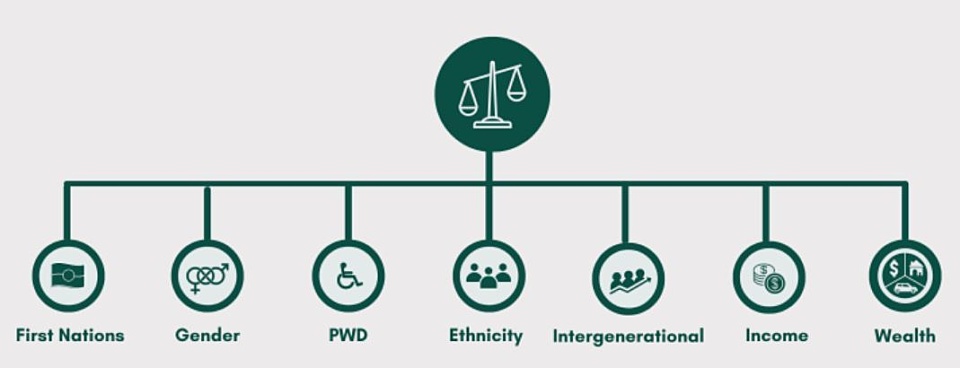
“It erodes social cohesion, exacerbates economic disparities and limits the potential of our nation,” said Ms Dawson.
“It is high time we prioritize policies that promote inclusive growth and bridge the wealth divide."
The good news is, growing economic inequality is not inevitable.
Rather, it is a consequence of policy choices.
“The Australian Inequality Index compels us to re-evaluate our priorities and commit to comprehensive reforms that ensure wealth is shared equitably, leaving no one behind," said Ms Dawson.
Unveiled at this week’s Communities in Control Conference in Melbourne, Ms Dawson said the development of the Australian Inequality Index would not have been possible without funding from Our Community - an organisation that champions real social and economic change.
“We thank them for their generous support.”
Our Community Managing Director Denis Moriarty said he was proud to provide the initial funding to develop such a valuable tool for the sector.
“The money could not have gone to a better organisation – Per Capita is just brilliant at working on progressive analyses,” he said.
“This body of work will provide the proof that state and federal governments and philanthropy must provide bigger investments across all sectors to break the growing inequality problems Australia is facing.”
Communities in Control | Understanding Inequality: Emma Dawson speaking at the 2022 conference.

Posted on 04 Mar 2026
The federal government has announced its decision on the percentage of assets that giving funds…

Posted on 04 Mar 2026
Australia’s for-purpose enterprise supporting Indigenous-owned businesses announced a record $5.83…

Posted on 04 Mar 2026
Hannah Nichols is the environmental, social and governance (ESG) lead at Australian Red Cross and a…

Posted on 04 Mar 2026
Major workflow software company Atlassian has announced it is offering its Teamwork Collection of…

Posted on 04 Mar 2026
In all charities and NFPs – big and small – annual budgeting brings with it a degree of…

Posted on 04 Mar 2026
New research from Diversity Council Australia (DCA) has found that even as one in four workers…

Posted on 25 Feb 2026
Australia’s community organisations are quietly holding society together. From local sporting clubs…
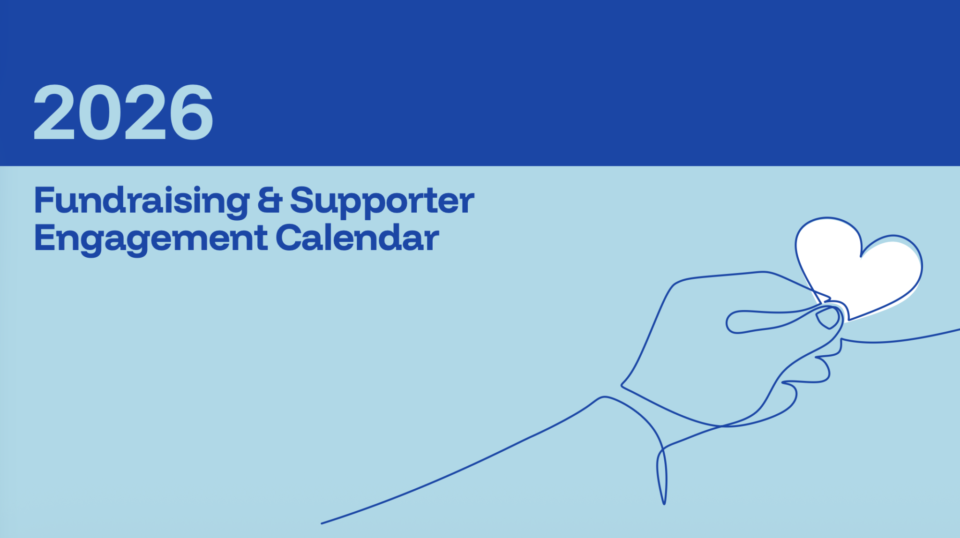
Posted on 25 Feb 2026
Writing communications for donors, stakeholders, regulators and the public can be a relentless task…

Posted on 25 Feb 2026
A Victorian suburb's hot debate about whether trains should live underground or in the sky ended…
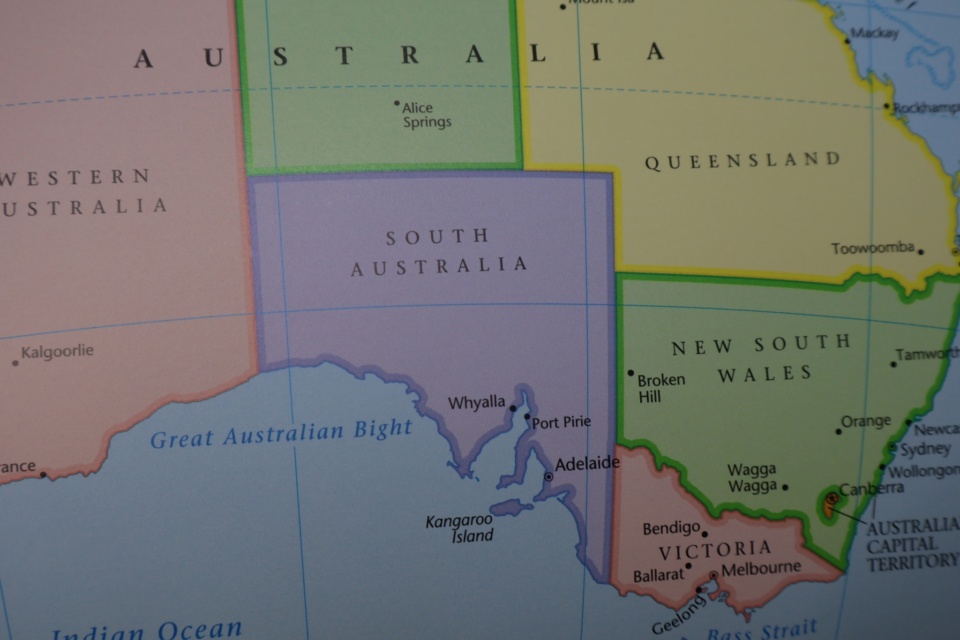
Posted on 25 Feb 2026
Three years after the federal government announced that national fundraising principles would be…
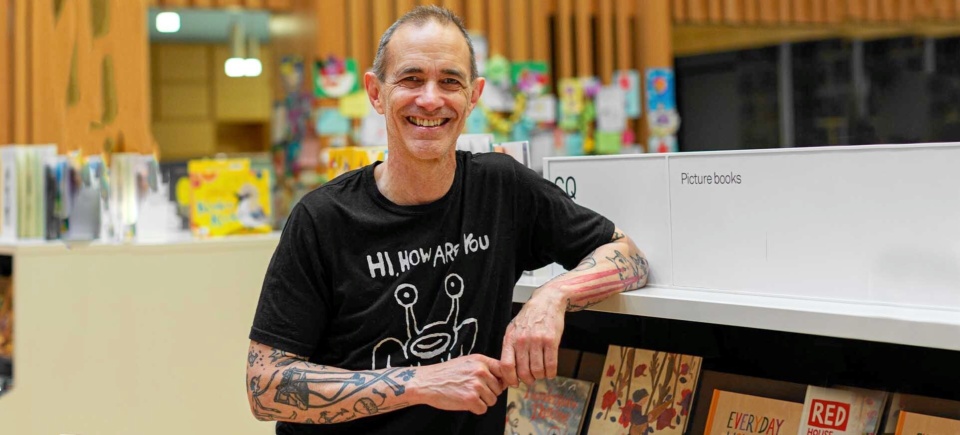
Posted on 25 Feb 2026
Author Andy Griffiths has spent 30 years bringing “punk rock” to children’s books, making kids…
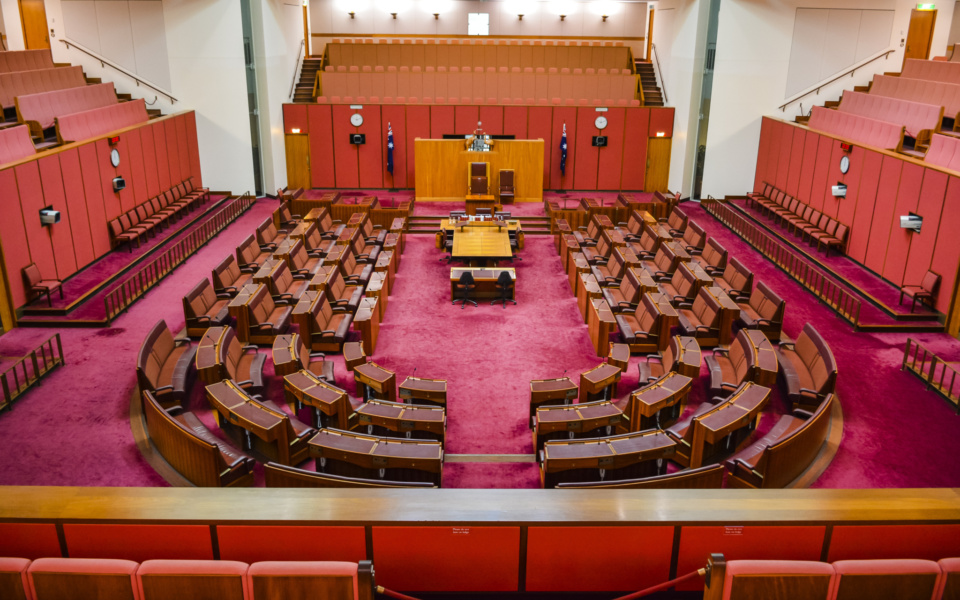
Posted on 25 Feb 2026
Senator Dean Smith is back as shadow minister for charities, and he’s told the Community Advocate…